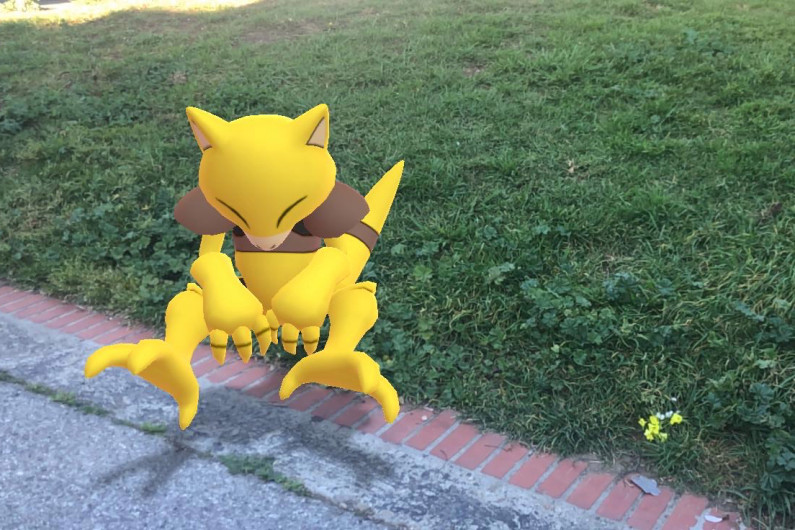
With widespread cancellations of public gatherings and health officials urging social distancing programs in response to the spread of COVID-19, it seems like an ill-advised time to play a game like Pokémon Go, which requires walking around outside and often congregating in the real world with other players. But developer Niantic is taking steps to reduce the need for that kind of public interaction with updates announced this week.
For instance, players are now able to purchase in-game incense items at a more than 99 percent discount, letting them attract nearby Pokémon to their current location without the need to leave the house. Pokémon will also appear more frequently and in more locations to limit the need for extended travel while playing the game.
In addition, Pokémon eggs now also hatch twice as quickly, reducing the need to walk around outside, and Pokéstops will drop more frequent gifts, reducing the need to travel to lots of them in order to share crucial items with friends. And Niantic has postponed Abra Community Day, a planned in-game event encouraging players to get out to catch high numbers of one specific Pokémon.
While Niantic doesn't directly mention the coronavirus outbreak or social distancing in its update announcing these moves, a representative for the company confirmed to Polygon that it is "prioritizing updates to Pokémon Go features and experiences that can be enjoyed in individual settings," and it has "made these updates based on the current global health situation." Niantic is leaving the final decision about how to play the game in individual players' hands, though, saying it is "encourag[ing] players to make decisions on where to go and what to do that are in the best interest of their health and the health of their communities."
While aggregate player interest in Pokémon Go has reportedly fallen quite a bit from the stratospheric heights it reached during its summer 2016 launch, analysts at Sensor Tower estimate the game still brought in a record $894 million in 2019, thanks in part to an estimated 55 million downloads worldwide across iOS and Android.